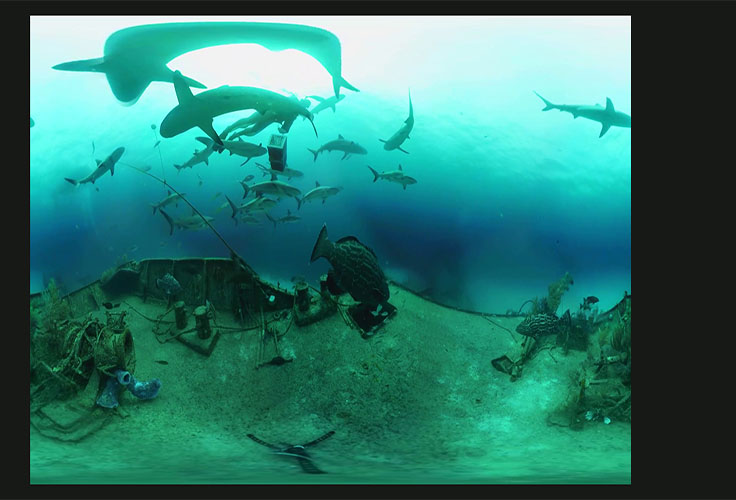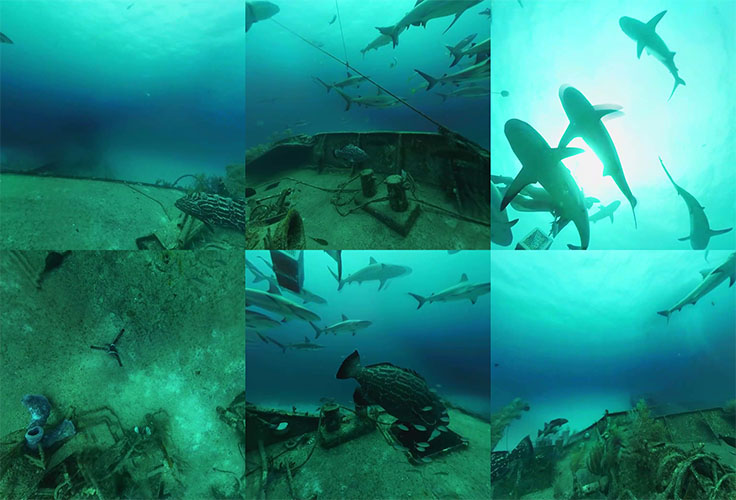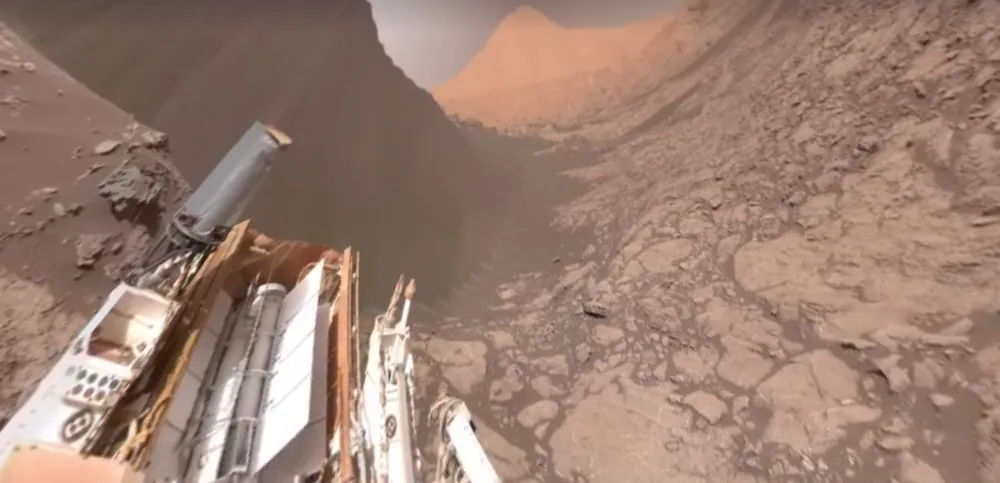Facebook founder Mark Zuckerberg posted a video that gives you the chance to take a good look around Mars courtesy of NASA’s Curiosity rover.
Spoiler alert: this video isn’t actually a video at all. The experience was created by taking a multitude of images sent back to Earth by Curiosity and stitching them together into a panoramic final product. According to the post, this was accomplished “using technology created by the 360 video team at Facebook.”
While it is never explicitly stated, the technology Zuckerberg is referring to is more than likely a version of cube mapping. Cube mapping is an existing video display technology Facebook repurposed into their 360 video efforts. The basics of the process were first unveiled in a blog post on Facebook’s developer blog and were further explained by David Pio at the Oculus Connect 2 conference in September 2015.
The practicalities of cube mapping are a bit complex, but the basic idea is to create a more efficient display method for interactive 360 displays. The pre-cube mapping plan was to use what is known as an equirectangular layout. The problem is that this layout style copies pixels that it shouldn’t and requires images to stretch in unnaturals ways. Instead of copying and stretching, cube mapping chops up an image into six cube faces that are more efficiently interpreted for the purposes of 360 videos.


Facebook is not the first company to use space travel as a point of attraction for their VR technology. In fact, they are quite a bit late to the game on this one. 20th Century Fox has already demoed the The Martian VR Experience to great acclaim and Drash VR’s Mars is A Real Place has been available on the Gear VR since early last year.
Developers are not the only entities pursuing VR opportunities through space-centric projects. NASA itself is making a point of expanding its own immersive offerings through direct partnerships like this one with Facebook and the Mars 2030 experience that is being created in conjunction with Fusion Media, MIT’s Space Systems Laboratory, and developers from Irrational Games.
Space continues to be one of the most universally desired frontiers to be explored by the VR community. Now that the technology is becoming more competent, and major players like Facebook and NASA itself are getting involved, the stars are becoming the limit for experiences in the future.




























